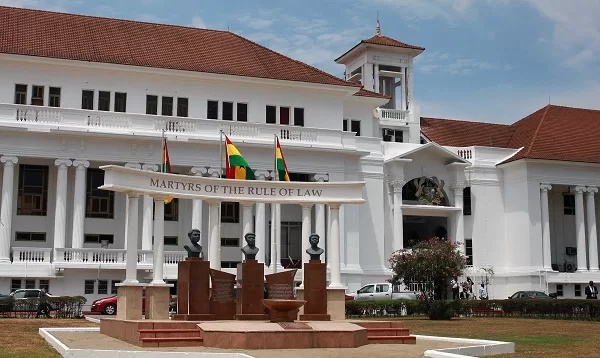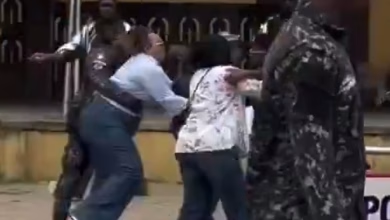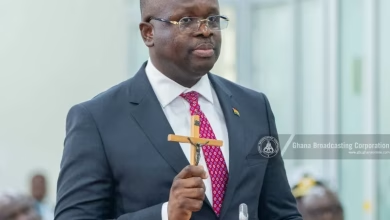Supreme Court Adjourns Suit on President’s Power to Remove IGP

- Supreme Court adjourns IGP removal case
- Plaintiffs challenge President's power
- Limits on termination sought.
- Governance impact expected.
The Supreme Court has adjourned a case filed by Imani Africa and Security Analyst Prof Kwesi Aning, challenging the powers of the President to terminate the appointment of the Inspector General of Police and other heads of security services. The plaintiffs argue that these institutions are part of the Public Services of Ghana, and hence removal of their heads must be justified under Article 191(b) of the Constitution.
The case was called for hearing on Thursday, May 23, but lawyers for the Attorney-General noted that they were yet to respond to the suit and prayed the court for additional time. Presiding judge, Justice Kwame Asiedu, granted the application and ordered lawyers for the state to file their documents within seven days.
Imani Africa and Prof Kwesi Aning are seeking several reliefs from the apex court. Firstly, they want a declaration that the President has no authority to terminate the appointment of these heads unless it’s upon proven stated misconduct or misbehavior established against them, or incapacity to perform their functions due to infirmity of mind or body, death, retirement, or resignation.
Secondly, they seek a declaration that a new president has no power to make fresh appointments for these heads of institutions unless it’s upon proven stated misconduct or misbehavior established against them, or incapacity to perform their functions due to infirmity of mind or body, death, retirement, or resignation.
Thirdly, they want a declaration that the practice of appointing new persons to replace these heads upon the assumption of office of new governments, in the absence of proven stated misconduct or misbehavior established against them, or incapacity to perform their functions due to infirmity of mind or body, death, retirement, or resignation, is unconstitutional.
Fourthly, they seek a consequential order to restrain or prevent the president from dismissing or removing, or attempting to remove, any of these heads unless it’s upon proven stated misconduct or misbehavior established against them, or incapacity to perform their functions due to infirmity of mind or body, death, retirement, or resignation.
Lawyers for the state pleaded for seven days to file their response, which was not opposed by counsel for Imani Africa. The case has been adjourned to allow the state to file their documents, and the plaintiffs hope to get a favorable ruling from the Supreme Court.
The case has implications for the security services and the public services of Ghana, and could set a precedent for future appointments and removals of heads of institutions. The plaintiffs argue that the current practice of removing heads of institutions upon a change of government is unconstitutional and undermines the stability and independence of these institutions.
The Supreme Court’s decision is eagerly awaited, as it could have far-reaching consequences for the governance and administration of Ghana’s public services. The plaintiffs hope that the court will uphold their arguments and provide clarity on the limits of presidential power in appointing and removing heads of institutions.
The case is a significant test of the Constitution and the rule of law in Ghana, and could have implications for the country’s democratic governance and the protection of human rights. The Supreme Court’s decision will be closely watched by legal experts, political analysts, and the general public.
In the meantime, the heads of the security services and other public institutions will continue to serve, pending the outcome of the case. The Supreme Court’s decision will provide much-needed clarity and guidance on the limits of presidential power and the protection of the public services of Ghana.






